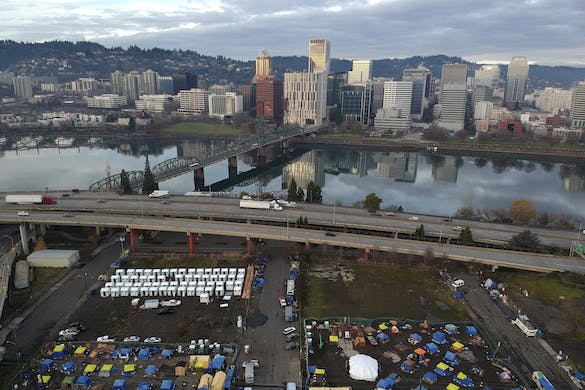
Carville Trashes Trump But Maybe Carville Should Sit This One Out
By Carville Trashes Trump But Maybe Carville Should Sit This One Out
|From Boston to Portland, city governments are clearing long-standing ‘tent cities,’ despite pushback from homeless rights groups.

Already have a subscription? Sign in to continue reading

By Carville Trashes Trump But Maybe Carville Should Sit This One Out
|
By VERONIQUE de RUGY
|
$0.01/day for 60 days
Cancel anytime
By continuing you agree to our Privacy Policy and Terms of Service.
By MARIO NAVES
|